What is WordPress? How to create a website using wordpress?
What is WordPress? WordPress is a platform used to build websites. It’s like digital building blocks that let you create an online space without knowing complex computer code. Imagine it as a tool that helps you design your house without needing to be a carpenter. Key features of WordPress: Easy to use: You don’t need to be a tech expert. Free: The basic software is free to use. Flexible: You can create many types of websites, from personal blogs to online stores. Customizable: You can change the look and feel of your website to match your style. Why use WordPress? Simple to start: Anyone can begin building a website. Lots of options: There are countless designs and features available. Good for search engines: Your website can be found easily online. Growing community: Millions of people use WordPress, so there’s lots of help available. Affordable: It’s generally cheaper than hiring a web developer. Expandable: Your website can grow as your business grows. Secure: WordPress has features to protect your website. Basically, WordPress makes it easier and more affordable to have a professional-looking website. How to Create a Website Using WordPress: A Step-by-Step Guide Choosing Your WordPress Platform WordPress.com: User-friendly, free option with limited customization. WordPress.org: Offers full control over your website but requires hosting and domain. Domain Name and Hosting Domain Name: Your website’s address (e.g., yourwebsite.com). Purchase from a domain registrar. Hosting: Where your website’s files are stored. Choose a reliable hosting provider. Installing WordPress Most hosting providers offer one-click WordPress installation. Follow the provided instructions to set up your website. Selecting a Theme A theme determines your website’s appearance. WordPress offers free and premium themes. Consider your website’s purpose and style when choosing a theme. Essential WordPress Dashboard Overview Dashboard: The main control center for your website. Posts: Create and manage blog posts. Pages: Create static pages (About Us, Contact, etc.). Media: Upload images, videos, and other media. Appearance: Customize your website’s look and feel. Plugins: Extend your website’s functionality. Creating Engaging Content Write Compelling Content: Focus on providing value to your audience. Optimize for SEO: Use relevant keywords and meta descriptions. Use High-Quality Images: Visuals enhance your content. Structure Your Content: Use headings, bullet points, and paragraphs for readability. Customizing Your Website Widgets: Add functionality to sidebars and footers. Menus: Create navigation menus for easy site exploration. Custom CSS: Make advanced design changes. Essential Plugins Yoast SEO: Improve search engine visibility. Akismet: Protect against spam. Contact Form 7: Create contact forms. UpdraftPlus: Backup your website. Launching Your Website Review Your Site: Check for errors and typos. Publish Your Content: Make your website live. Promote Your Website: Share on social media and other platforms. Continuous Improvement Update WordPress and Plugins: Keep your website secure. Analyze Website Traffic: Use analytics to understand your audience. Gather Feedback: Improve your website based on user input. By following these steps and continuously refining your website, you can create a successful online presence.







